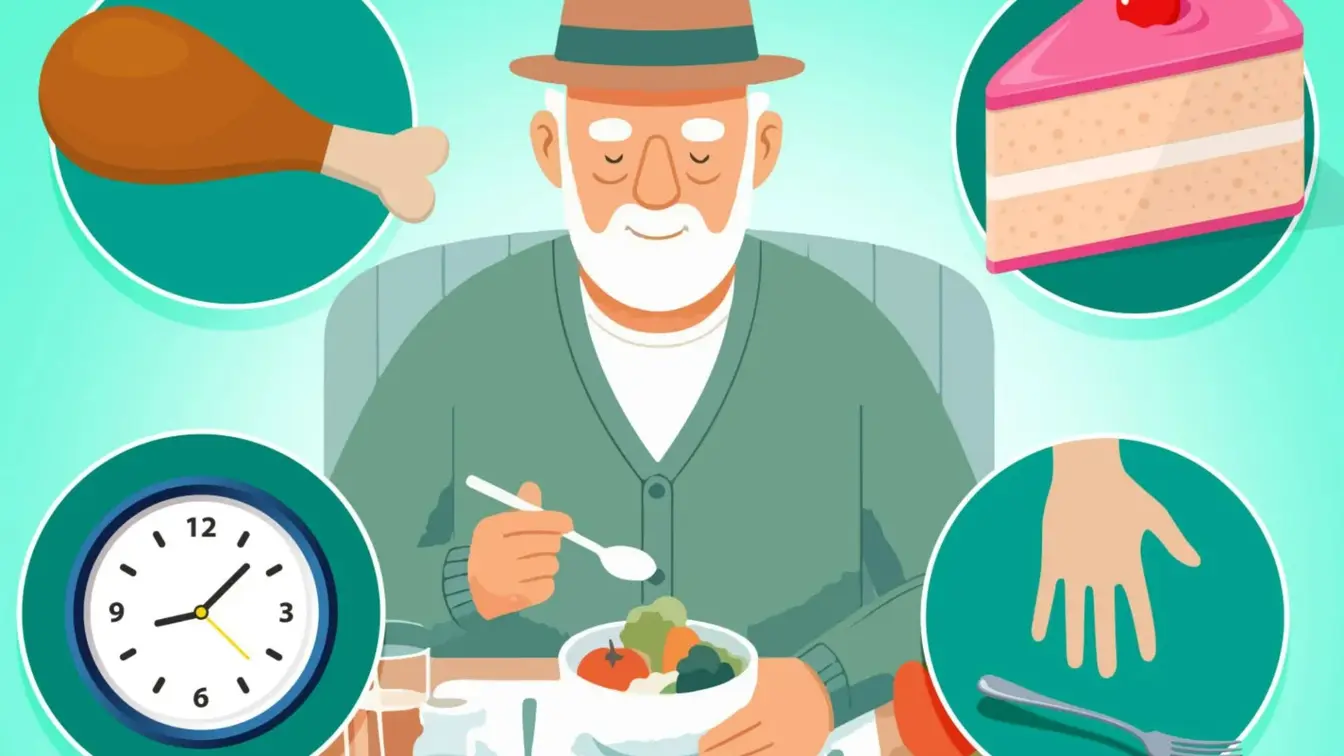T4K3.news
Dementia signs to watch for
New guidance points to hand movements as possible late stage signs and offers care tips for families

A warning shows that certain hand behaviors may signal late stage dementia beyond memory loss.
Hand movements hint at advanced dementia warns charity
Guidance from the Alzheimer's Society shows dementia signs go beyond memory loss. In Britain about 900,000 people live with the condition, most of them over 65. The charity notes that late stage dementia can bring behavioral changes that are easy to misread as mood or character shifts. Hand movements may become a sign of restlessness as people seek comfort or stimulation.
Key Takeaways
"People in the later stages of dementia may behave out of character."
Quoted guidance from the Alzheimer's Society on late stage behavior.
"These behaviours can be difficult to understand and often have different causes."
The article cites the complexity behind behavior changes.
"It may help to encourage exercise or activities related to interests and hobbies."
Care guidance provided to manage symptoms.
"A rummage box, containing objects related to the person's past such as pictures, jewellery or souvenirs, may help as it gives the person an opportunity to move their hands."
Care strategy described by the Alzheimer's Society.
Editorially the piece expands the view of dementia beyond memory loss to include visible signs in daily behavior. It challenges the assumption that only language and memory define the illness and points to restlessness as a potential signal.
Highlights
- Hands tell a story when words fail
- Restless hands signal needs not misbehavior
- A rummage box links past to present calm
- Listen to the silent signals before a crisis
Potential misreading of dementia behaviors
The piece notes that hand movements and restlessness can be misread as misbehavior, which may lead to stigma or inappropriate responses. It also underscores the need for medical checks to separate sensory, environmental, or pain factors from psychological ones.
Understanding these signals helps families seek timely care and protect dignity.
Enjoyed this? Let your friends know!
Related News

Growing rates of vitamin B12 deficiency reported in the UK

Recognizing signs of dementia during meals

Study reveals lifestyle changes can potentially prevent dementia

Caregiver for wife with early onset Alzheimer's faces daily battles

Caregivers confront end of life planning

Three-year-old diagnosed with rare brain disease after misdiagnosis

Dementia warning sign in hands

Concerns rise over wandering behaviors linked to dementia
